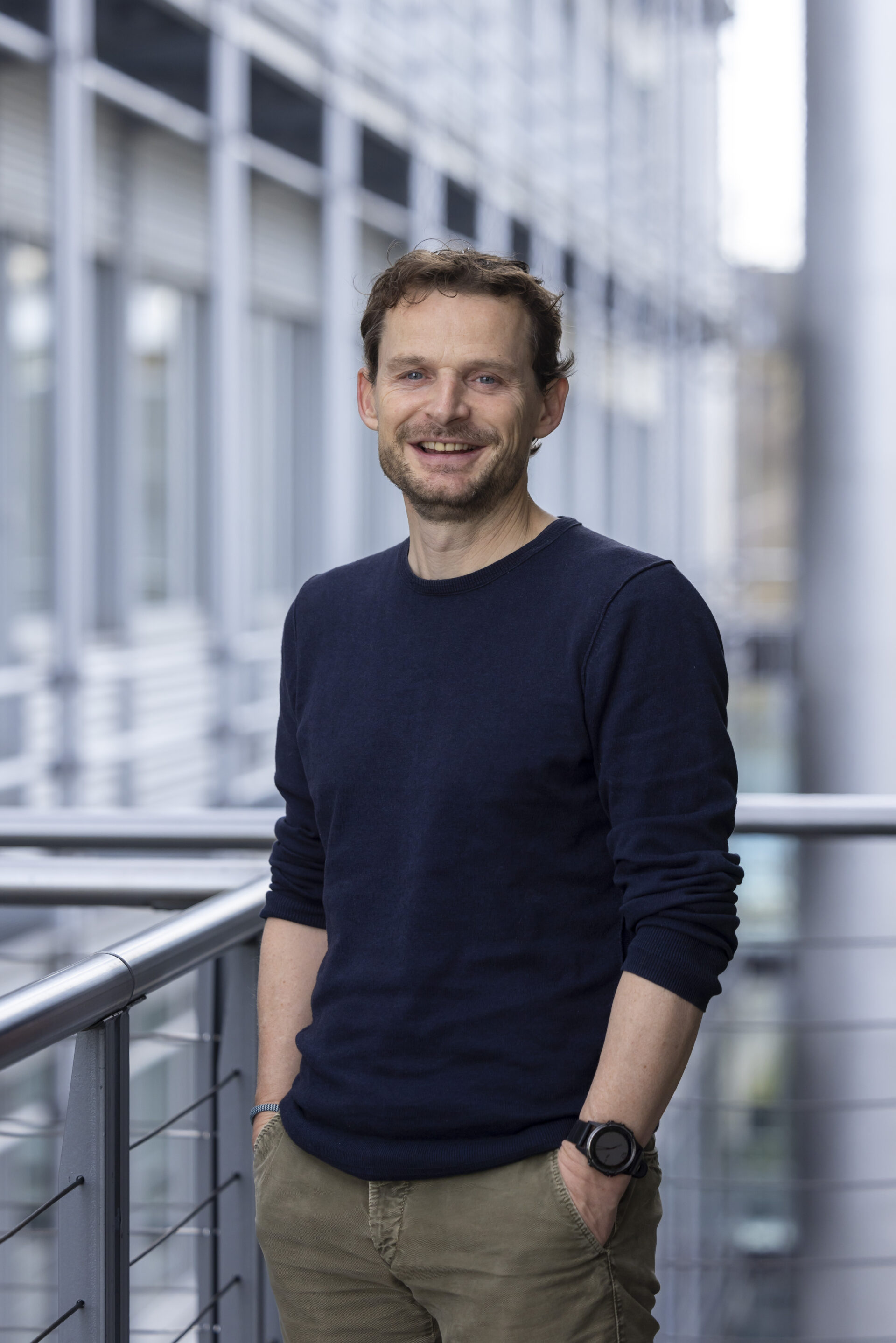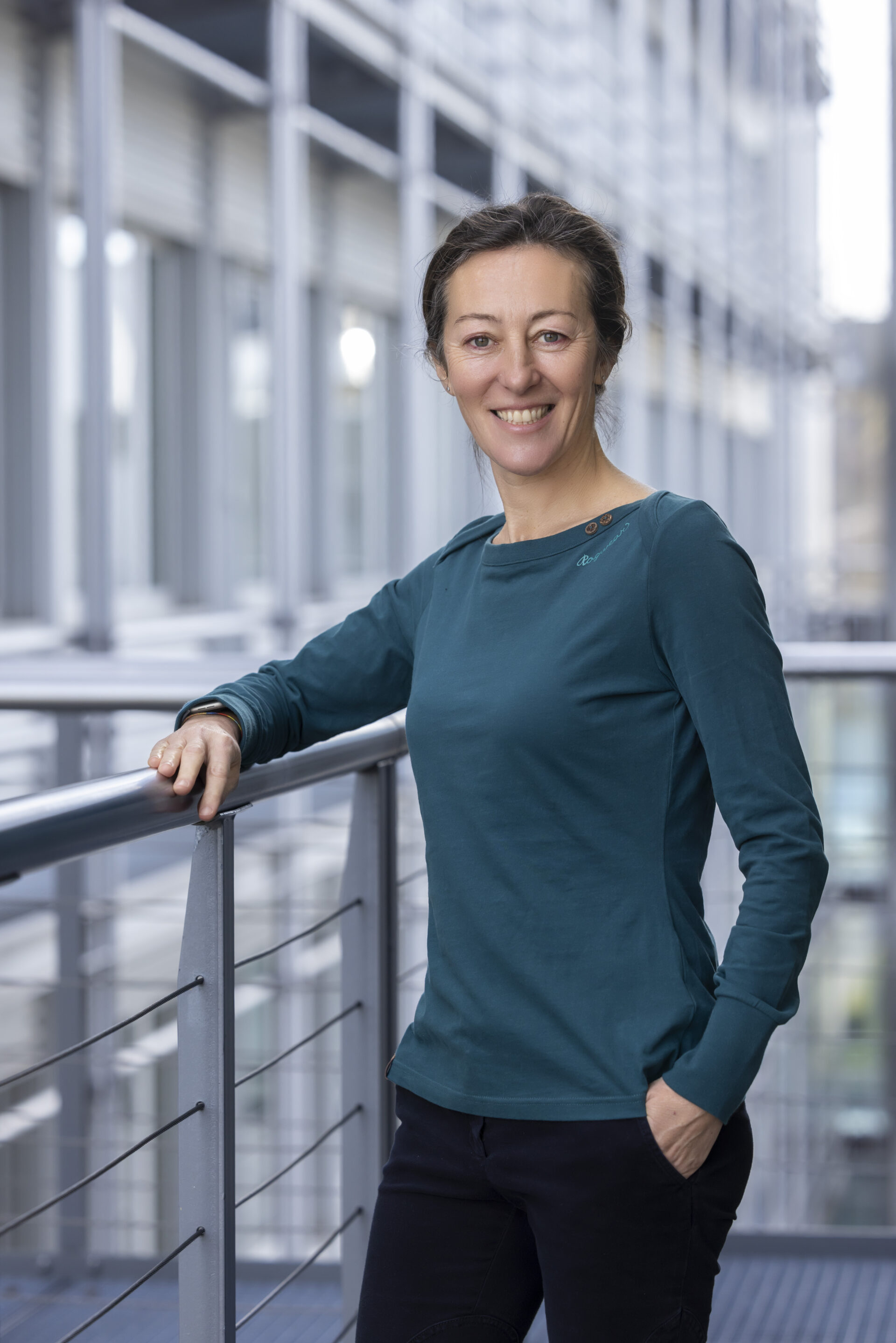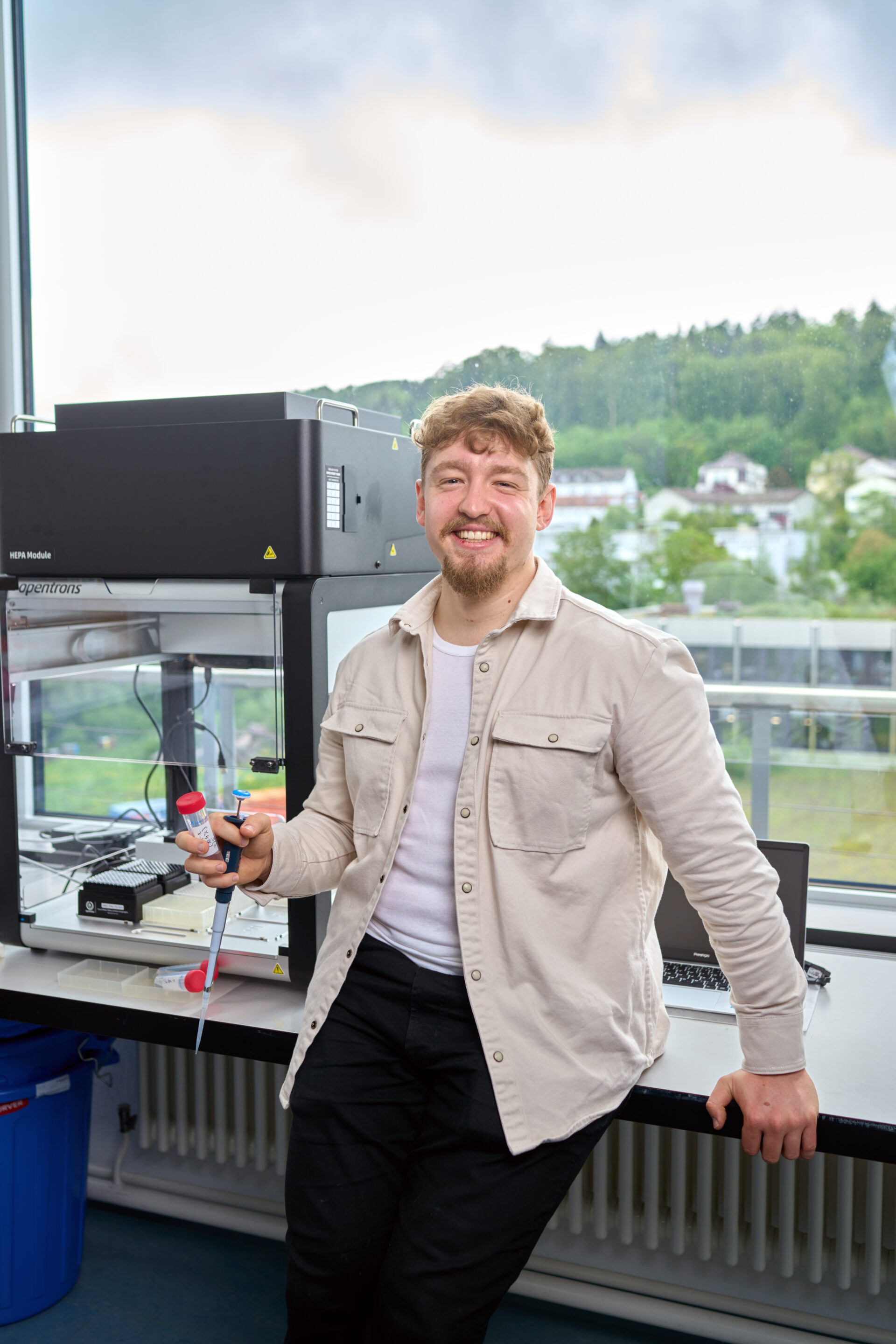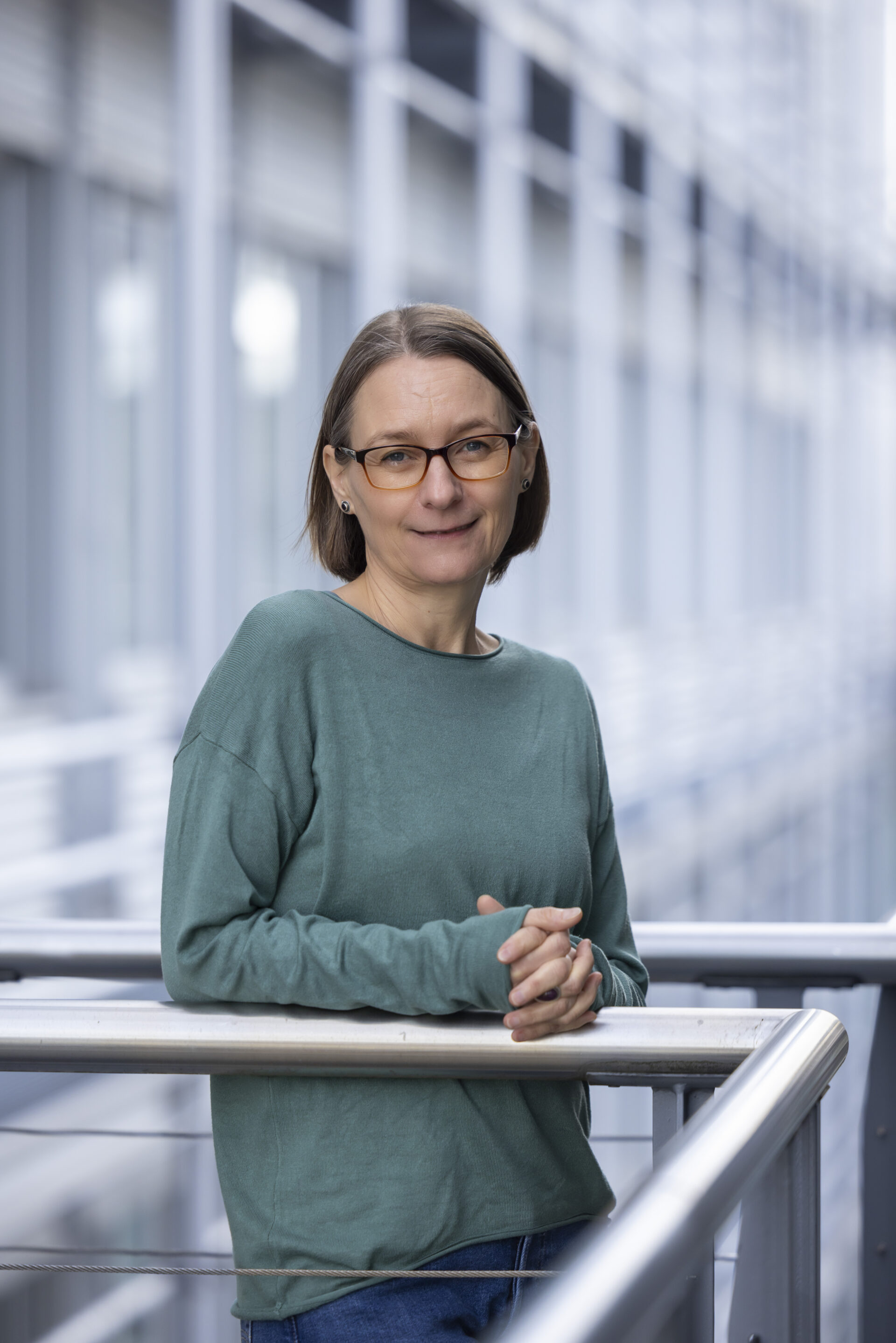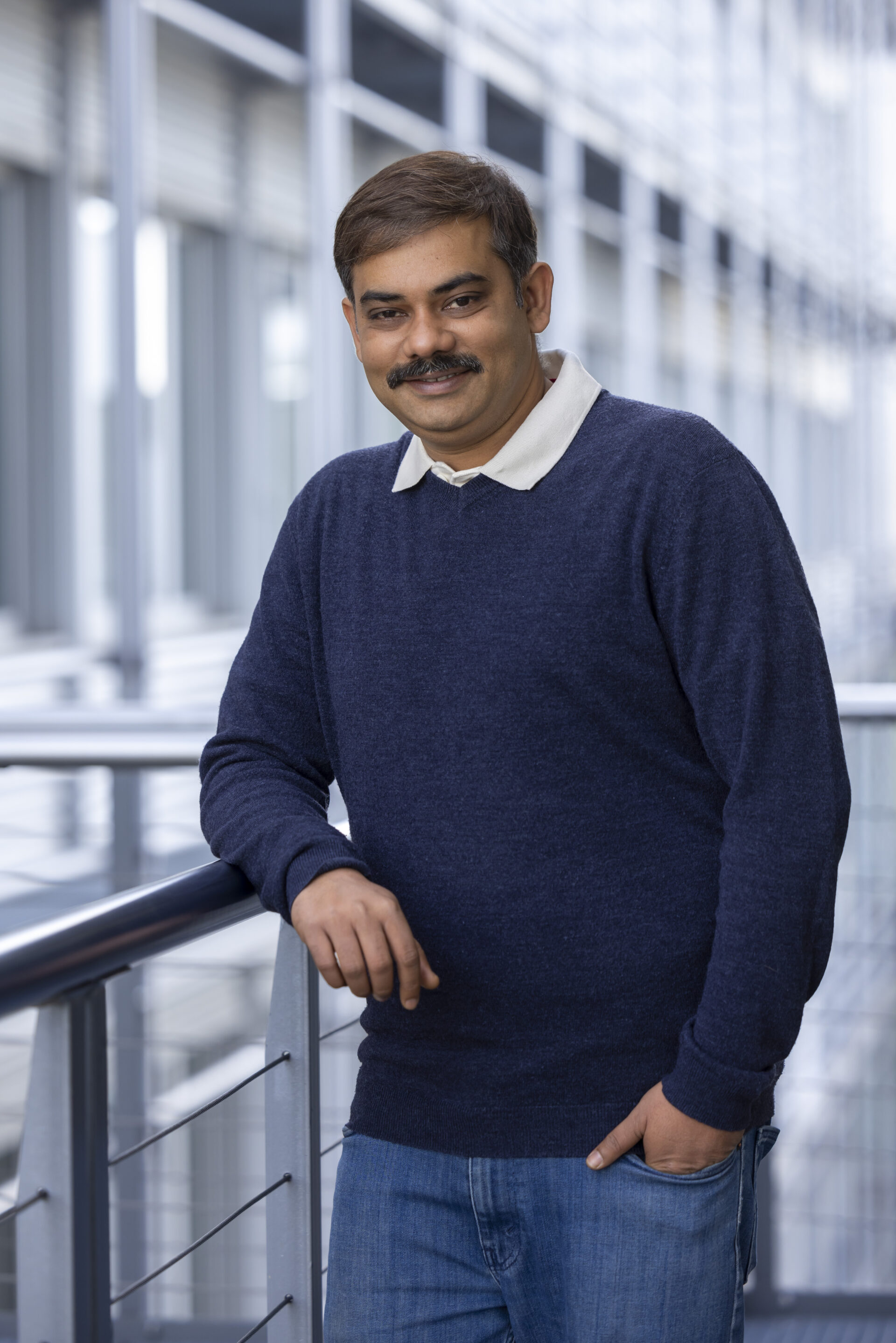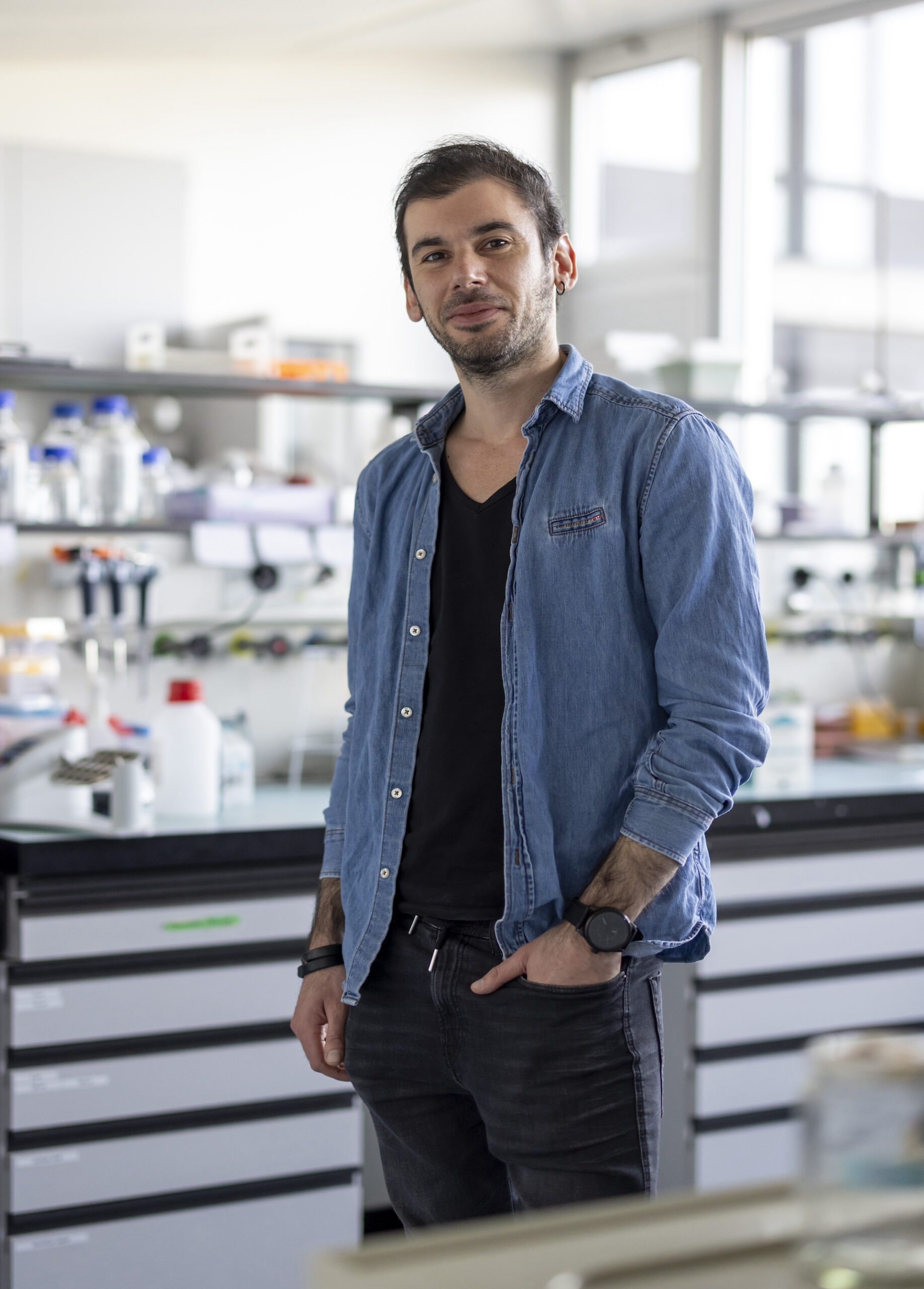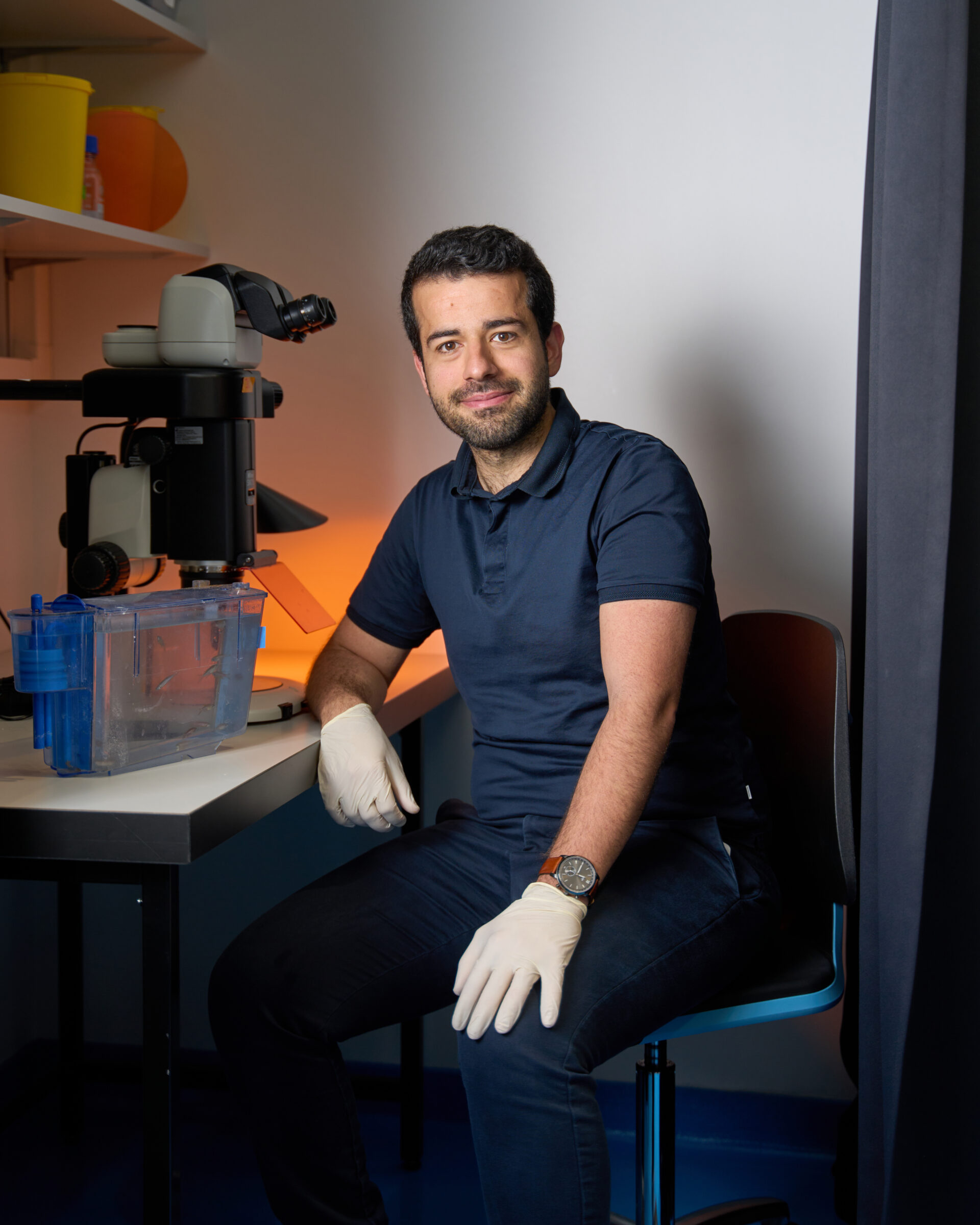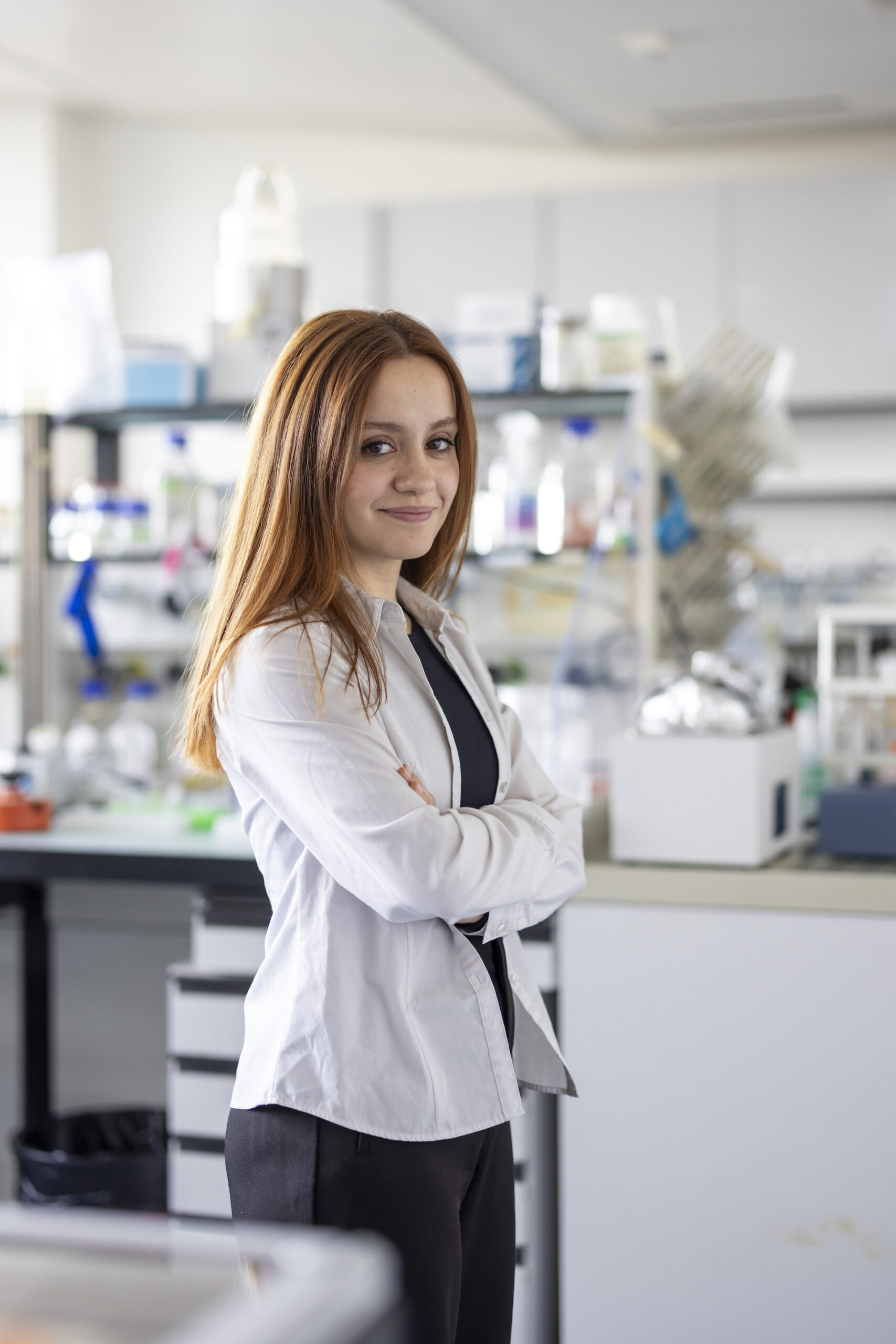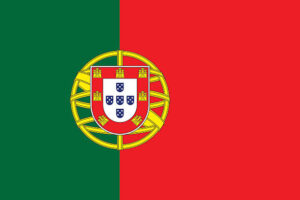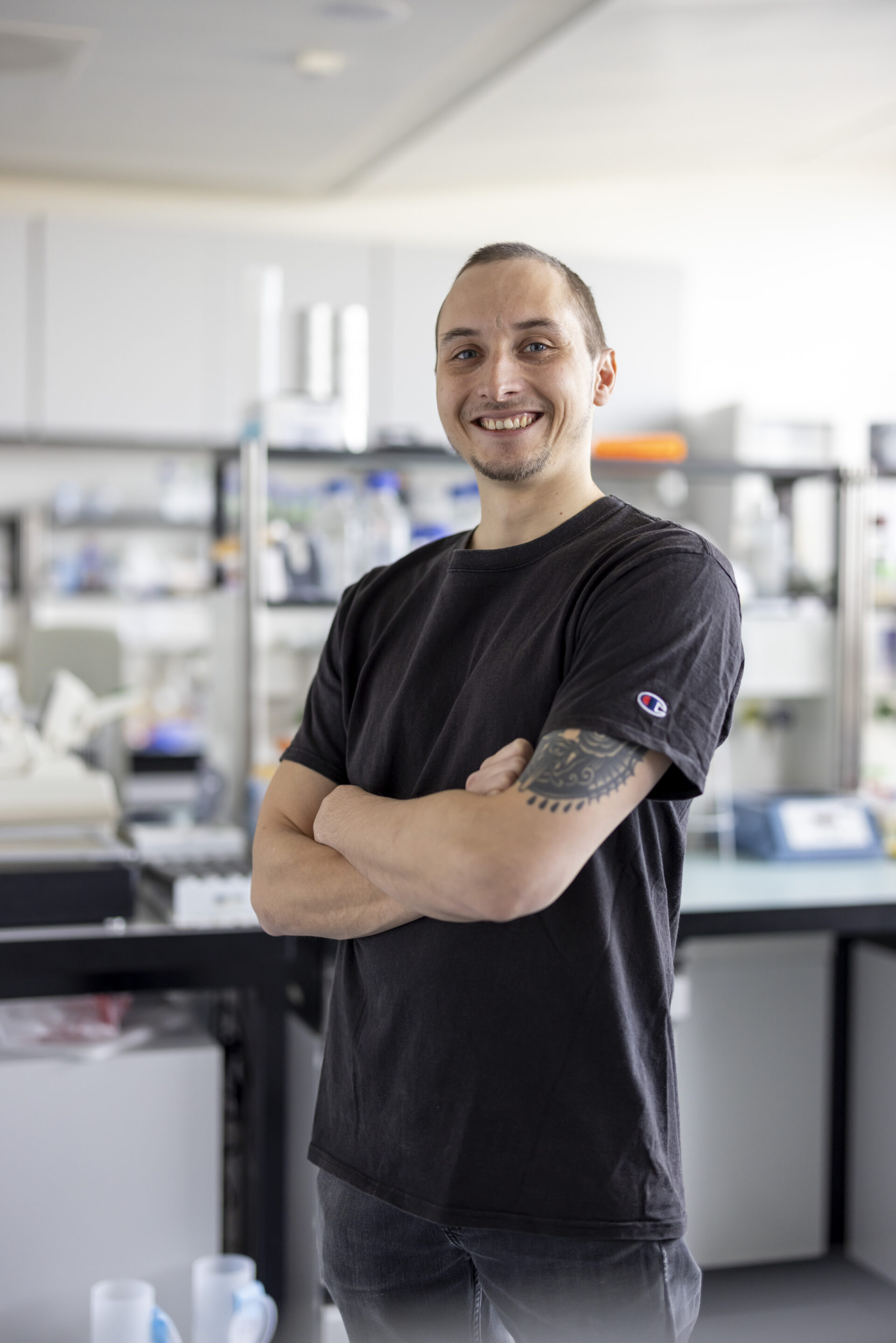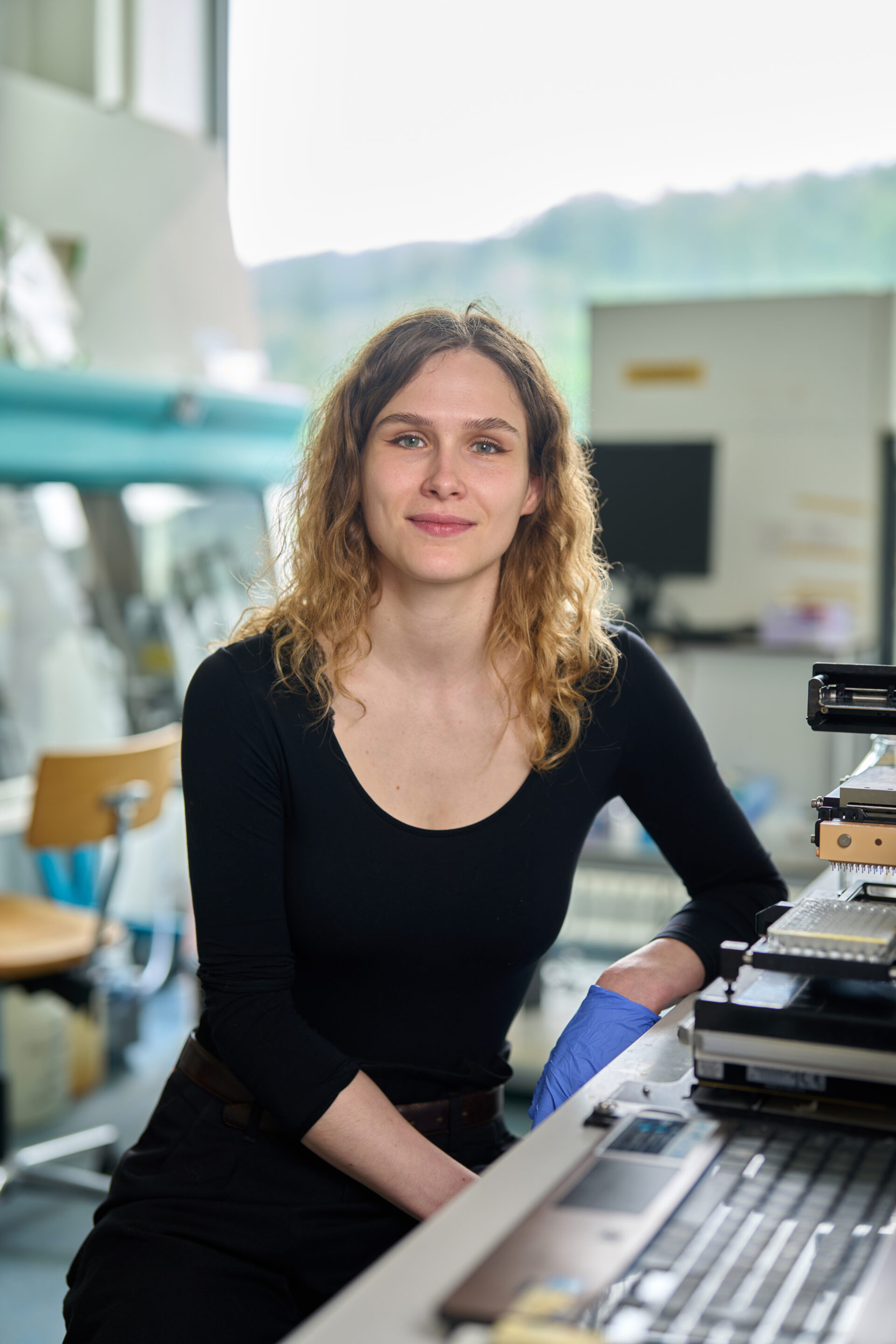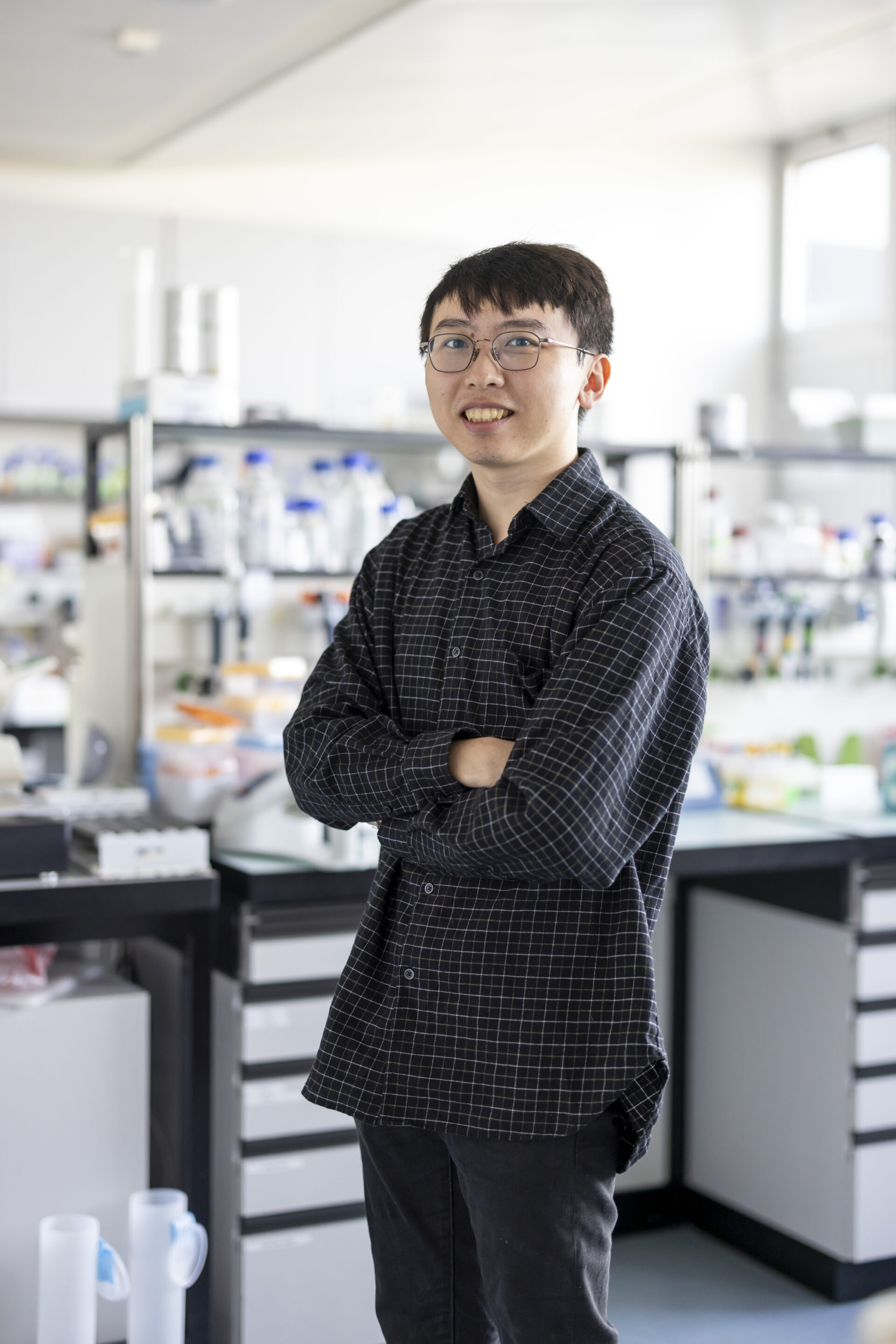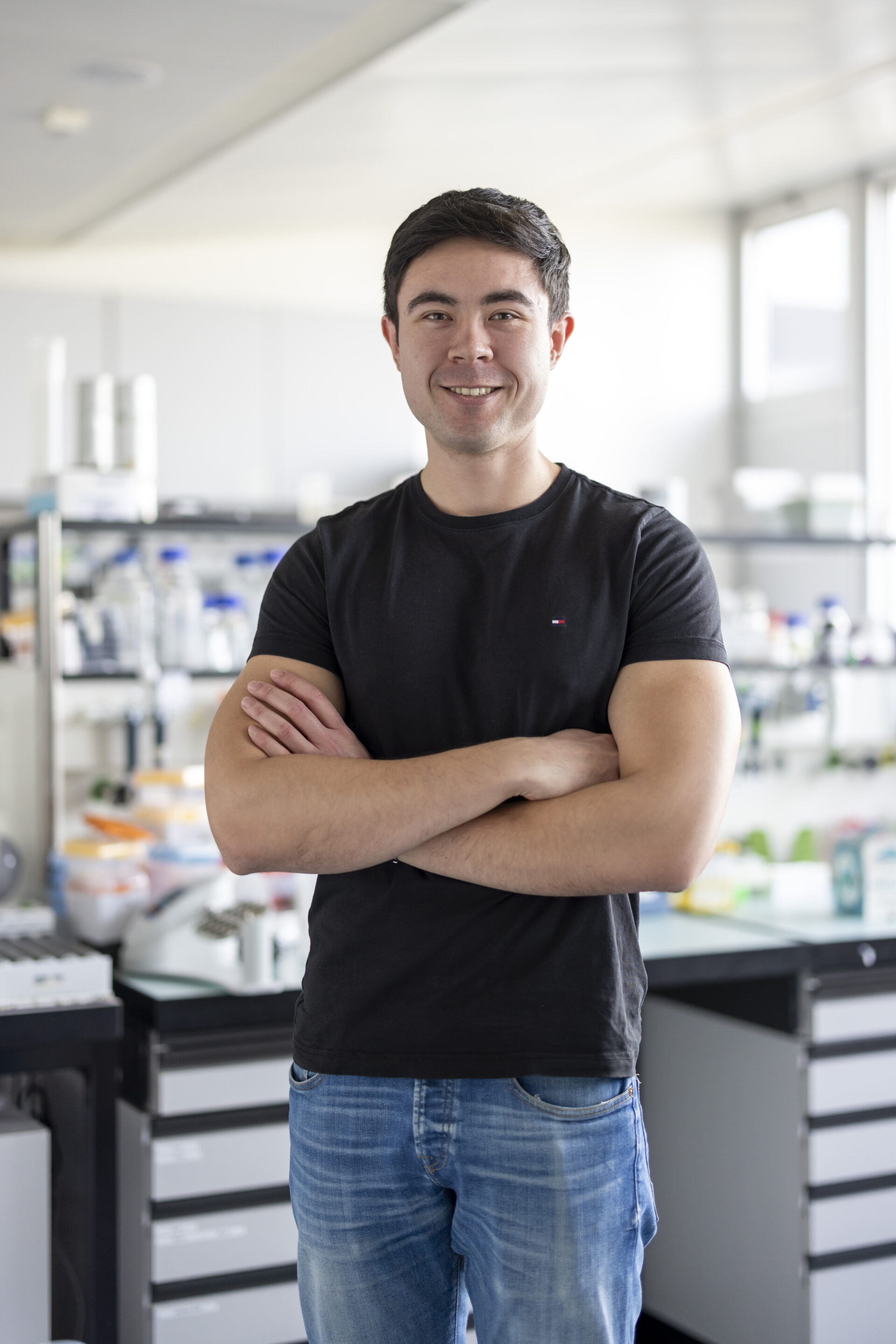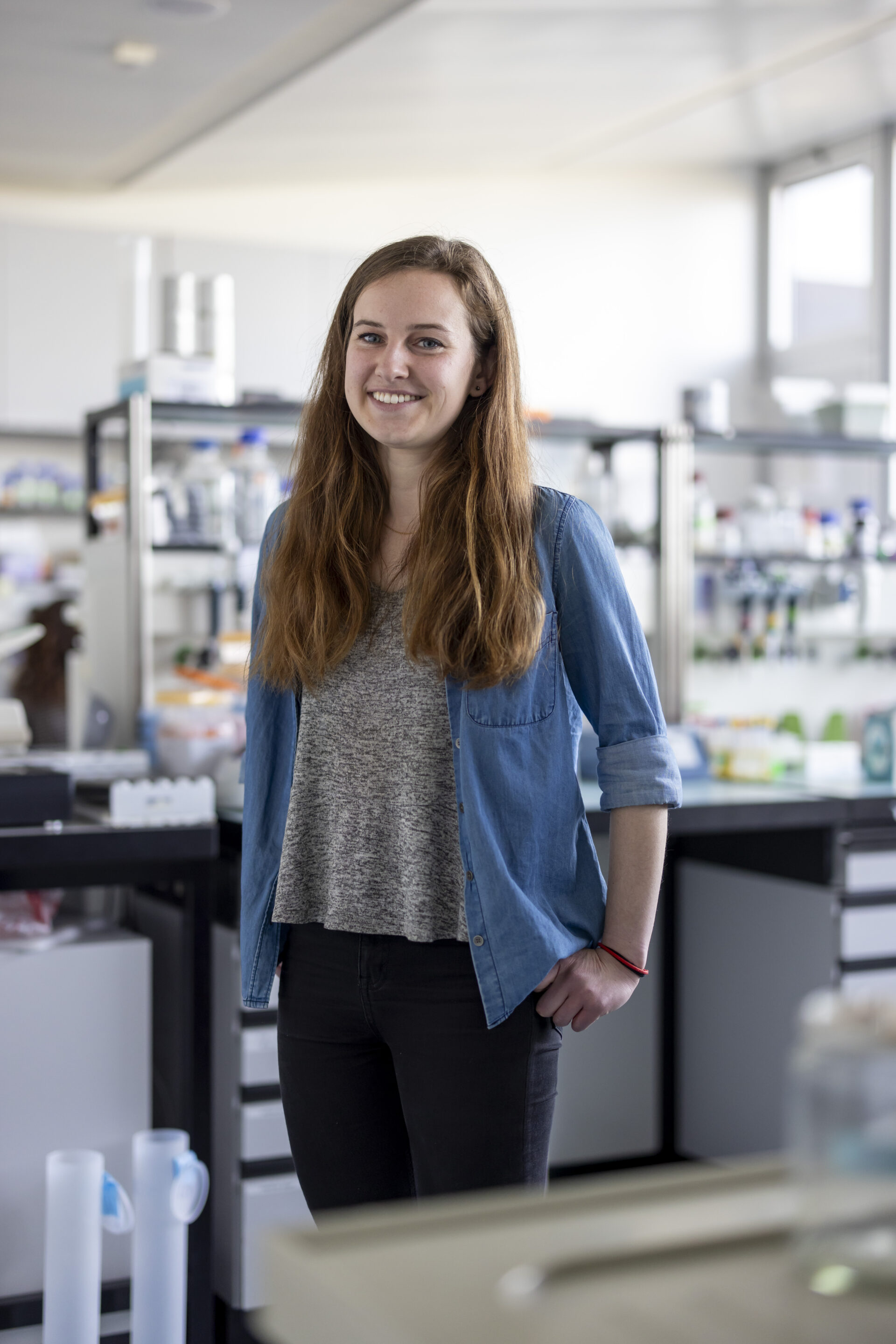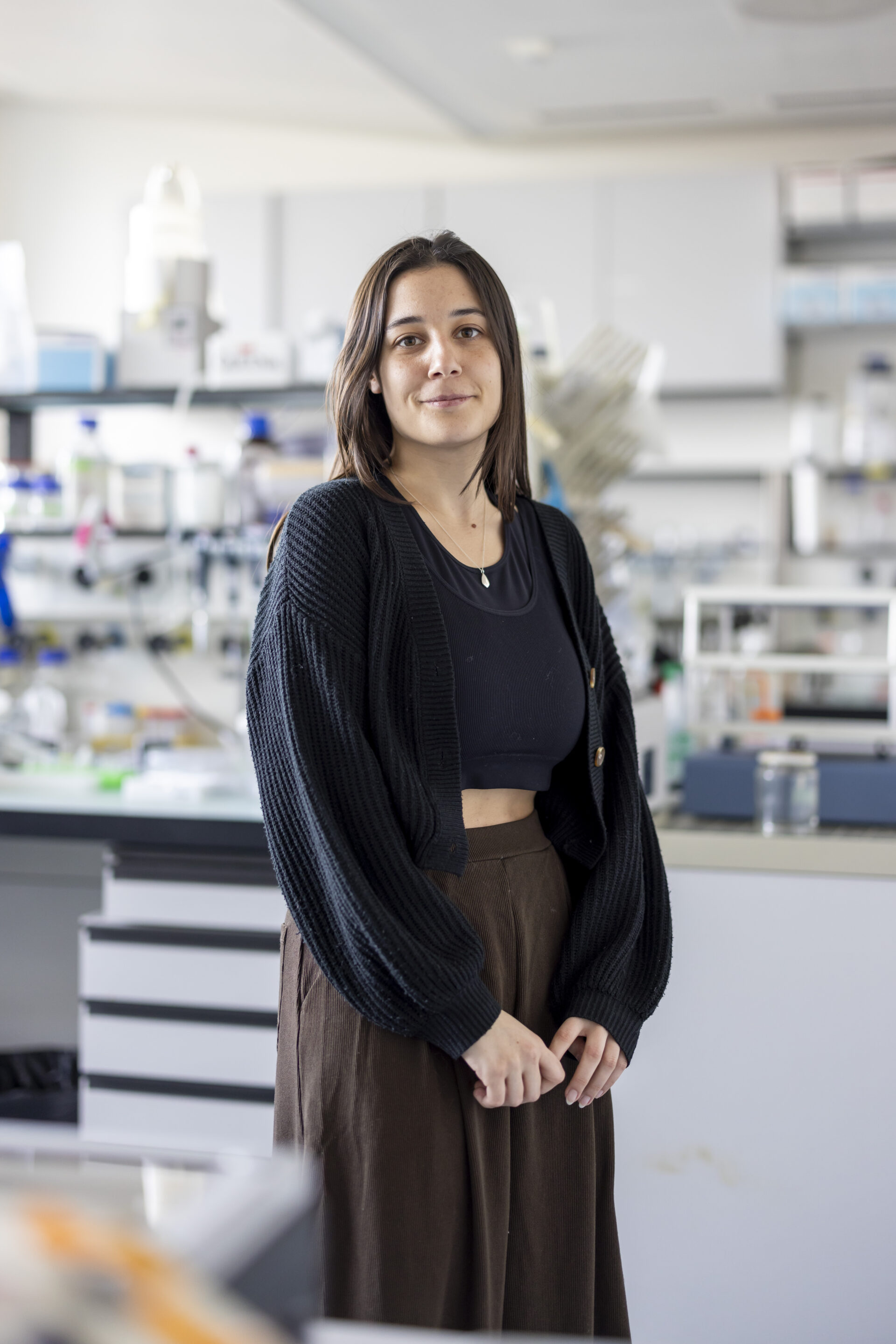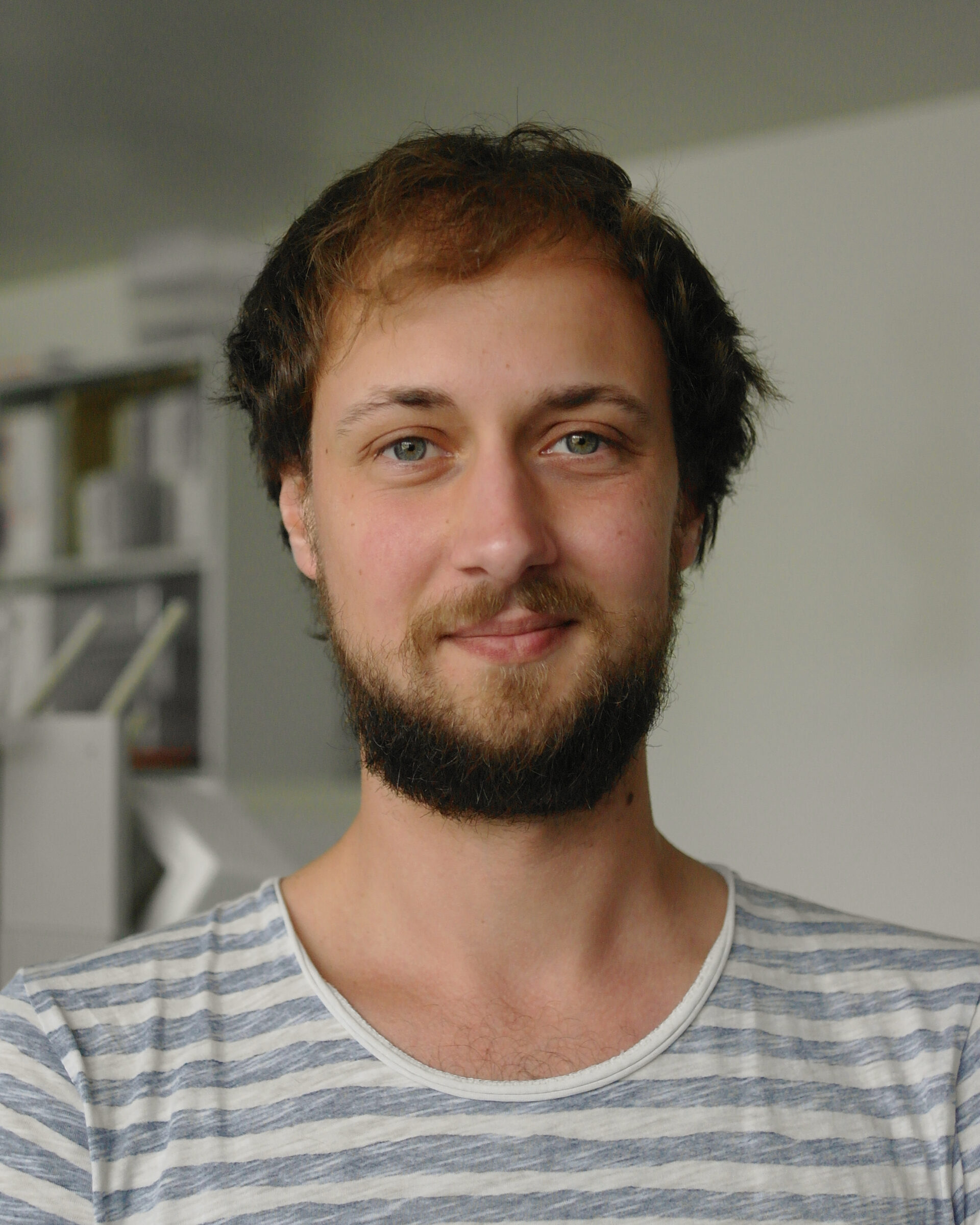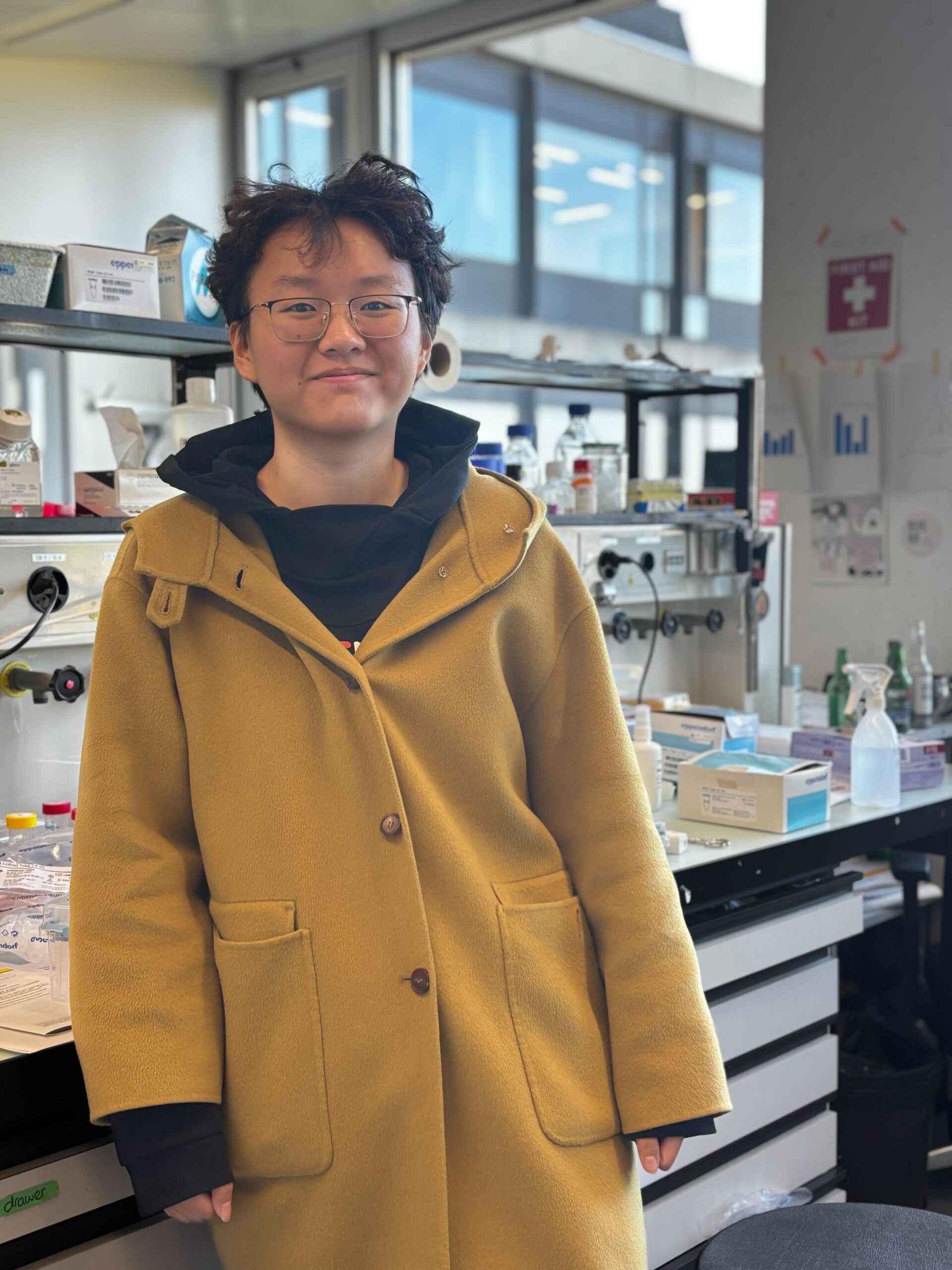Our Team
Former Team Members
- Gian-Marco Schaniel 2024-2025 Master student
- Max Hess 2018-2025 PhD student
- Alexa McIntyre 2019-2024 Postdoctoral fellow
- Svenia Heinz 2023-2024 Research Associate
- Caroline Spieles 2023-2024 Master student
- Adrian Tschan 2018-2023 PhD student
- Florian Curvaia 2023 Master student
- Gabriele Gut 2012-2023 PhD student
- Robin Martini 2022-2023 Master student
- Keisuke Fujita 2019-2022 Postdoctoral fellow
- Bernhard Kramer 2015-2022 PhD student
- Katrina Meyer 2019-2022 Postdoctoral fellow
- Marvin Wyss 2021-2022 Master student
- Yixuan Fu 2020-2022 Master student
- Eduard Petrosyan 2021-2022 Master student
- Ola Sabet 2017-2022 Postdoctoral fellow
- Joel Luethi 2016-2022 PhD student
- Veronika Haunerdinger 2021 Postdoctoral fellow
- Jacobo Sarabia Del Castillo 2018-2021 Technical Assistant
- Raffaella Gallo 2015-2021 PhD student
- Scott Berry 2016-2021 Postdoctoral fellow
- Adele Ferragamo 2020-2021 Technician
- Cinzia Esposito 2018-2021 Senior Scientist
- Danil Koovely 2018-2020 PhD collaboration
- Micha Mueller 2018-2020 Master student
- René Holtackers 2012-2020 Technician
- Maija Pietilä 2018-2020 Postdoctoral fellow
- Doris Popovic 2015-2020 Postdoctoral fellow
- Riccardo Murri 2017-2019 IT specialist
- Doris Berchtold 2012-2018 Postdoctoral fellow
- Andreas Piehler 2016-2018 PhD student
- Nunu Mchedlishvili 2017-2018 Staff
- Diego Villamaina 2017-2018 Staff
- Reinoud de Groot 2014-2018 Postdoctoral fellow
- Markus Herrmann 2012-2017 PhD student
- Yanic Heer 2011-2017 PhD student
- Mathieu Frechin 2010-2017 Postdoctoral fellow
- Victoria Eastham (Green) 2011-2016 Postdoctoral fellow
- Yauhen Yakimovich 2011-2016 Staff
- Thomas Stoeger 2011-2015 PhD student
- Nico Battich 2011-2015 PhD student
- Prisca Liberali 2008-2015 Postdoctoral fellow
- Katharina Schoenrath 2011-2013 Postdoctoral fellow
- Karin Mench 2005-2013 Staff
- Frank Wippich 2007-2012 PhD student
- Berend Snijder 2006-2012 PhD student
- Pauli Rämö 2007-2011 Postdoctoral fellow
- Lilli Stergiou 2007-2010 Postdoctoral fellow
- Eva-Maria Damm 2006-2010 Postdoctoral fellow
- Herbert Polzhofer 2006-2010 PhD student
- Mirko Birbaumer 2005-2010PhD student
- Manuel Bauer 2005-2009 PhD student
- Raphael Sacher 2005-2009 PhD student
